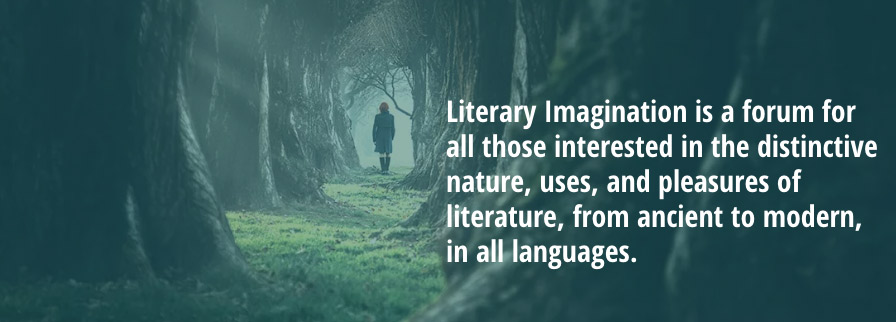
History
In 1994, a group of professors of literature, critics, and imaginative writers, tired of lamenting the overly politicized debate about literary study in the academy, joined together to create a different kind of organization, one aimed at combating this intellectual partisanship. The founders represented many perspectives and literatures from ancient to modern, but shared a common exasperation with the narrow theoretical and sociological discourse that seemed to have gained ascendancy in the United States, Canada, and the United Kingdom in the eighties and nineties. The founders wanted a renewed and enlarged field of study, more freedom of thought and expression, and more lively exchange between scholars and literary artists.
Goals
- to provide space for encounters between scholars, critics, editors, teachers, fiction writers, poets, playwrights, songwriters, and screenwriters;
- to foster connections between the academic study of literature and the wider literary culture extending beyond the academy;
- to sponsor and disseminate studies of curriculum and wider topics relating to literature (such as the teaching of composition, and the reading habits of a well-informed, critically alert citizenry;
- to create links between the teaching of literature in primary and secondary schools, and instruction in colleges and universities;
- to encourage debate and exchange between and among scholars of ancient and modern literatures, and between and among those who study Western texts and the texts of every culture and continent in the world;
- to explore the literary dimensions of other arts, including film, drama, painting, and music;
- to support, encourage, and guide the study of literature.
